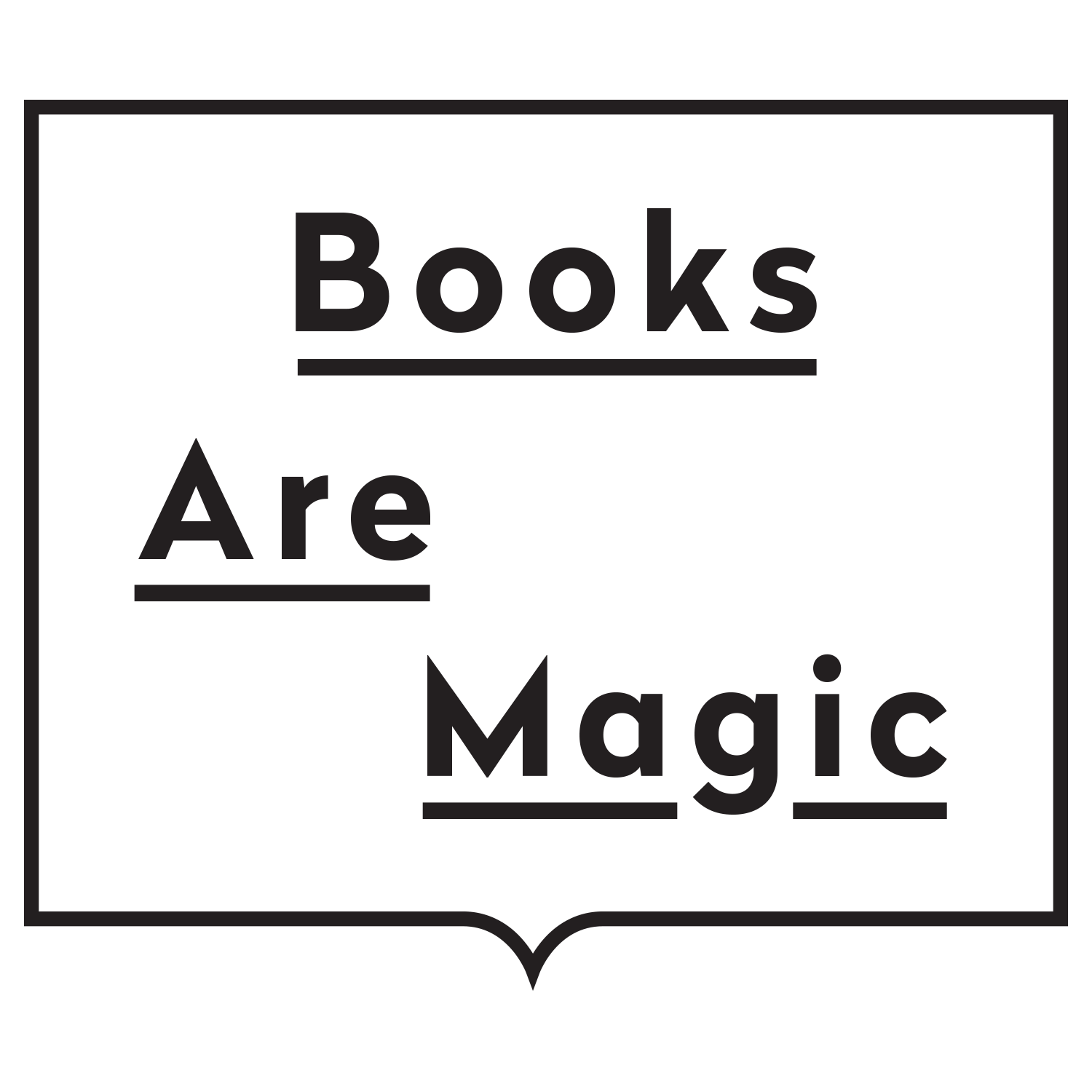Wit Month: Q&A with Emma Ramadan
To celebrate Women in Translation Month this year, we asked some of our favorite translators about decolonization and decentering Europe in translation. Last in the series is Emma Ramadan, a literary translator and co-owner of Riffraff bookstore.
What is the role of the translator in decolonizing translation? In your regional/linguistic focus(es), are there certain stereotypes or tropes you have to avoid?
As translators, we choose which books to pitch, which books to translate, which books to promote to publishers and online. We have a responsibility to diversify the books we’re pitching and reading. And it’s not just about pitching or translating books from underrepresented countries and groups, but doing what we can to understand the place, the author’s context, what the book means in its country of origin, what it means to bring that book into English, and how to do that effectively and responsibly. And if a translator doesn’t think they can grasp the context or meaning well enough to do the book justice, then it’s important to make room for a different translator who will be able to. For me, I’ve made the choice not to translate work only from France, but to read widely from authors writing in French around the world, and to pitch and accept projects by authors from other Francophone countries. I spent a year in Morocco learning about the literary landscape there and so I have a particular connection with Moroccan literature, and hope to continue translating books by Moroccan authors. I’m also half Arab and it’s important to me to work on more books from that part of the world as well.
I loved translating Moroccan writer Fouad Laroui’s The Curious Case of Dassoukine’s Trousers (Deep Vellum, 2016) because the stories are hilarious, they portray a variety of kinds of people, they foreground joy, romance, and the absurd, they also span countries and cultures, they poke fun at Morocco but also lean away from tropes. Laroui’s stories don’t only depict Moroccans, and don’t only depict Moroccans living in desperate poverty, oppressed women, desert scenes with camels, or other stereotypes from that region which tend to populate the Moroccan books translated into English. One of my favorite things I’ve ever translated was a wildly experimental short story by Anis Arafai called “The Leg,” and often people are surprised to find such inventive writing from Morocco, but why? Because translators don’t typically pitch these projects and publishers don’t typically publish them, but they’re out there. And my translation of Meryem Alaoui’s Straight From the Horse’s Mouth, coming out next month from Other Press, is about a Moroccan sex worker who is cast in the lead role in a film by a foreign director and embarks on a fantastic, thrilling life. Stories that are different than what English readers typically have access to from a given country are important to translate, and I think that’s one way (among many others) that translators can attempt to decolonize the landscape of translated literature.
If applicable, how do you approach a work in a colonial language? Should this affect how a translator approaches the work?
I do my best to be aware of the different ways French is used depending on the place the author is writing from, the country or region that has shaped their language, and to not flatten those distinctions. A Moroccan poet writing in French will not always sound like a French poet writing in French, and so why should they sound the same translated into English? I also often encounter Arabic phrases or words in the books I translate and resist translating these phrases into English, as that would mean glossing over the way different languages coincide or seep into each other in the Middle East and North Africa.
How do your other interests or artistic practices influence your translation work?
Being a bookstore owner has inevitably changed the way I approach translation. Knowing what sorts of things sell and what certain publishers publish obviously informs my own pitches, but more than that, I understand the value of not exiling translations into a “translated literature” part of a store (or of a conversation), of celebrating and speaking about translations as simply good books.
In your linguistic focus(es), what is your favorite untranslatable word and, as best you can describe, what does it mean?
I’ve always loved the French word dépaysement, which is something like uncountried: a sudden feeling that you are not at home, not in a familiar place. It’s different than homesickness, because it doesn’t necessarily have a negative connotation, and in fact when I feel the sentiment of dépaysement most acutely, it’s when I am happy to be elsewhere, to feel uprooted or uncountried; when I am startled to feel utterly myself somewhere else.
Are there any texts not translated by you that you’re excited about right now?
I’m a bit obsessed with Charles Ferdinand Ramuz’s Jean-Luc Persecuted, out this month from Deep Vellum and translated by the brilliant Olivia Baes. It’s about a man’s descent into madness following a crescendo of personal tragedies. And the translation is a master class in resisting the domination of “proper” grammar and syntax, of eliding the particularities of a specific writer whose writing has been informed by their region; there has been no smoothing over to make the English more palatable, to make an English-language reader more comfortable. It is a jarring and fantastic read.
Nathalie Léger’s The White Dress and Exposition are forthcoming in October from Dorothy, a publishing project, translated by Natasha Lehrer and Amanda Demarco, respectively. Léger’s Suite for Barbara Loden, published by Dorothy in 2016, is one of my favorite books of all time, so I can’t wait to read these.
Emma Ramadan is a literary translator based in Providence, RI, where she is the co-owner of Riffraff, a bookstore and bar. She is the recipient of an NEA Translation Fellowship, a PEN/Heim grant, and a Fulbright scholarship.






